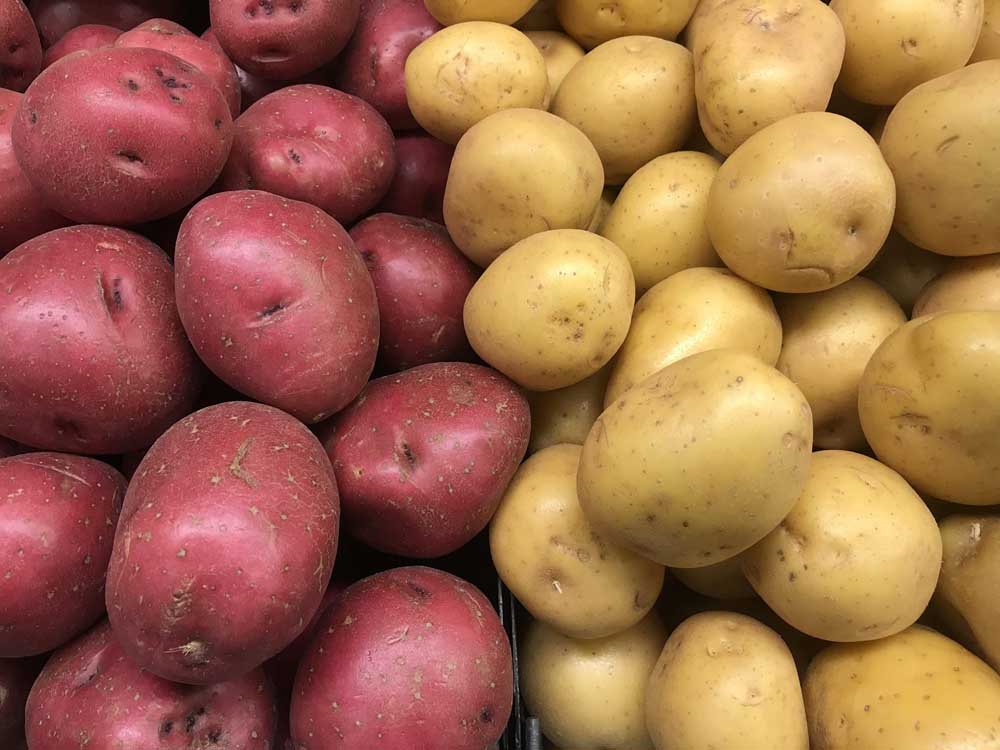U.S., Japan try again on fresh-potato access
Published 8:30 am Tuesday, September 17, 2024

- Potatoes.
U.S. exports of fresh, table-stock potatoes could increase by at least $150 million a year if Japan grants access to its market, according to the National Potato Council.
Phytosanitary issues have been the sticking point in annual negotiations since 2019, when USDA’s Animal and Plant Health Inspection Service prioritized the issue. Japan is yet to deliver a pest risk assessment.
Representatives of APHIS and Japan’s Ministry of Agriculture, Forestry and Fisheries were scheduled to meet Sept. 17-19 in Idaho Falls.
Japan, which already allows U.S. processing and chipping potatoes, is the second-largest market for U.S. potatoes behind Mexico, according to the council. Gaining full access to the Japanese market for U.S. fresh potatoes has been a focus of the potato industry for at least two decades, according to the council.
“The U.S. potato industry urges our partners at USDA to require Japan to uphold their international obligations,” CEO Kam Quarles said in a news release. Securing access for table stock will help reduce the U.S. agricultural trade deficit, “benefiting American workers throughout the supply chain and Japanese consumers alike.”
Council and Idaho Potato Commission representatives were expected to be on hand at the meetings to provide industry and technical detail. Idaho leads the U.S. in potato production and is a major fresh-market player.
“I’m hopeful, but based on what has occurred in the past, there are not a lot of great signs here,” Quarles said in an interview.
Whether Japanese negotiators deliver a pest risk management assessment remains to be seen, but “we’ve got to give them an opportunity to sit down with their negotiators and put their cards on the table,” he said. “We may not like the cards, but we need to give them this opportunity this week. We need to be braced for more stalling.”
Delays likely reflect domestic politics in Japan, which does not import fresh potatoes from any country and has a small domestic industry, Quarles said.
Japan’s consumer market is well developed with “a lot of ready buyers,” he said. “What they don’t have is supply.” If the U.S. gets an opportunity to sell table-stock potatoes, “the return on that will be significant for U.S. growers.”
The Idaho Potato Commission for years has developed its brand, and “we think brand recognition is big there,” said Sam Eaton, vice president of legal and government affairs. “There would be a value in the Idaho brand being sold in Japanese stores.”
Fresh potato exports to Japan “would be a huge opportunity for all of us in the Northwest,” particularly since Washington and Oregon already export high volumes to the Pacific Rim, said Dean Gibson, controller at Magic Valley Produce, a fresh-pack shipper in Paul, Idaho.
“We definitely would be ready,” said Gibson, the council’s vice president of legislative affairs.
Opening a new export market “shifts the pile,” he said. If one supplier sends volume to Japan instead of to a U.S. customer, another supplier could step in to meet the U.S. customer’s needs, for example.
About 20% of the U.S. potato crop is exported.
Idaho Gov. Brad Little’s administration “has worked to increase access for potatoes in the Japan market for years and we have ramped up our efforts specifically in the last 10 months,” Little said in a statement. “Meeting with the Japan delegation in eastern Idaho is another positive step toward increased market access, and I look forward to more significant milestones when I visit with the Idaho delegation in November.”






